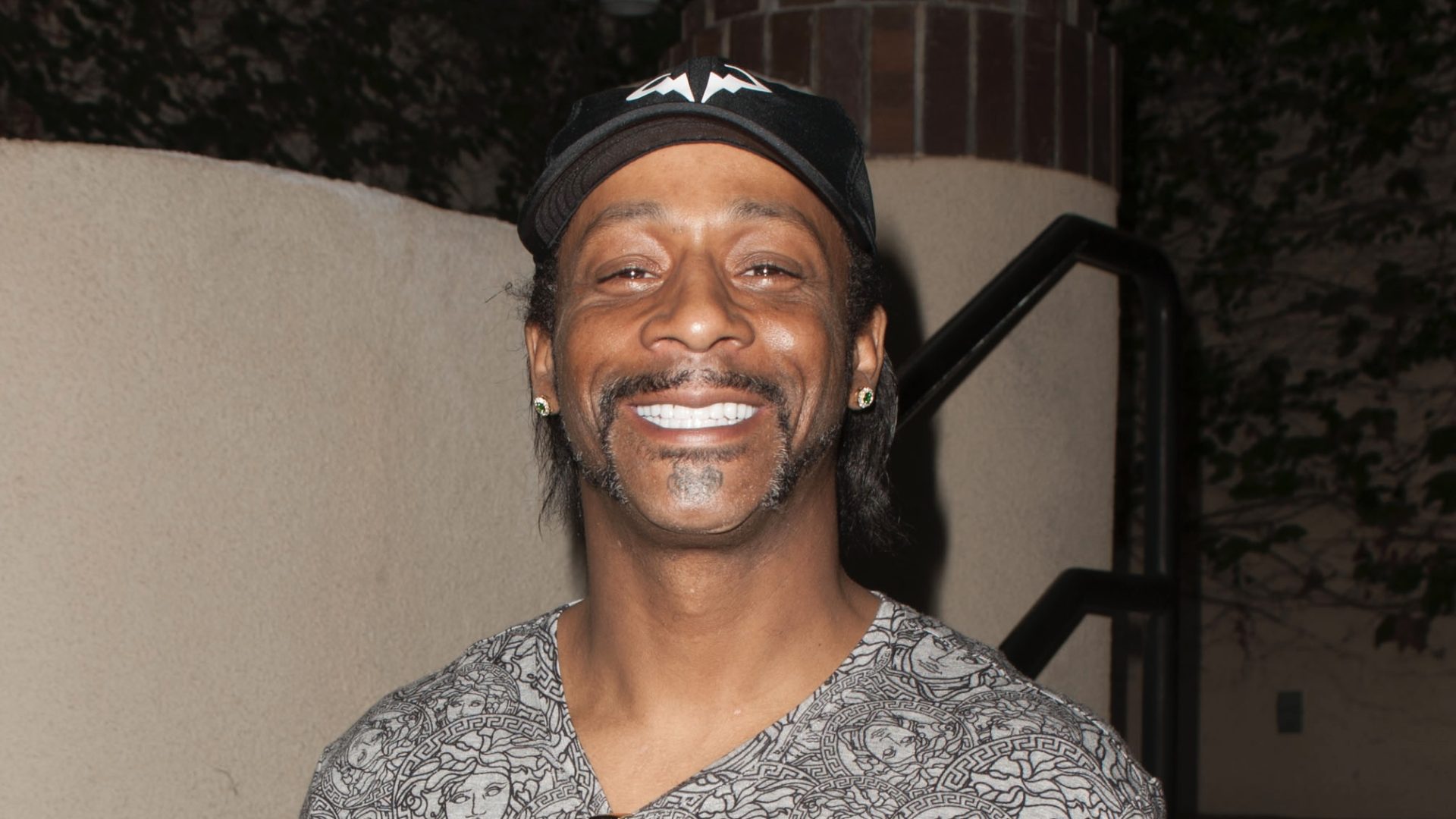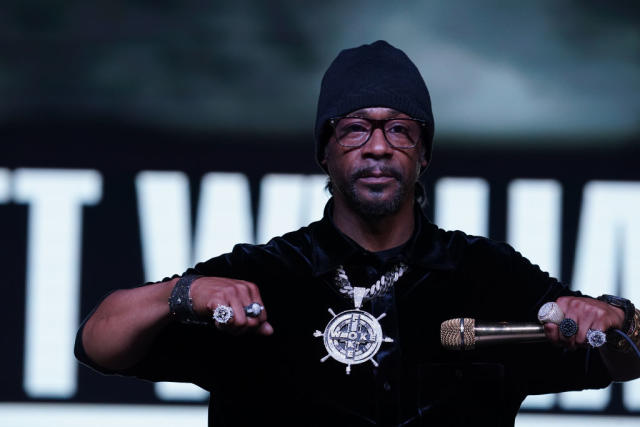Katt Williams EXPOSES Hollywood Elite For Setting Up Drake vs Kendrick Beef
Girl, it looks like Katt Williams has picked a side in the ongoing beef between Drake and Kendrick Lamar, and he is standing ten toes down behind Kendrick.
These two men have been going at it for a hot minute now, but Katt Williams has some crazy tea that adds a shocking plot twist to the entire drama.
According to Katt, while Kendrick’s diss tracks are genuine and he meant every heavy word that he said, Drake is allegedly being used as a puppet for the elites to hide some very shady secrets.

It appears that a lot more people are being set up to be exposed in connection to Diddy’ crimes, and Drake is being used to be as a cover-up for that.
Well, Katt Williams is NOT here for this sort of hide and seek, and he is here exposing some of the messiest and shadiest cover-ups in Hollywood, so let’s spill this tea.
In a recent interview, comedian Katt Williams shed light on the alleged manipulation and orchestration of the beef between two of hip-hop's biggest stars, Drake and Kendrick Lamar.
Williams, known for his no-holds-barred approach to comedy, didn't hold back as he delved into the inner workings of the entertainment industry and the role of the Hollywood elite in creating and perpetuating conflicts for their own gain.
Video:
According to Williams, the feud between Drake and Kendrick Lamar was not a spontaneous clash between two talented artists, but rather a carefully constructed narrative designed to generate buzz, publicity, and ultimately profit for those pulling the strings behind the scenes.
He suggested that the Hollywood elite, including powerful figures in the music and entertainment industry, had a vested interest in pitting the two rappers against each other in order to create a compelling and lucrative storyline for fans and consumers.
Williams' claims shine a spotlight on the often murky and manipulative nature of the entertainment business, where manufactured conflicts and rivalries are used as a means to boost record sales, concert ticket revenue, and overall marketability.
By creating a sense of competition and animosity between artists, industry insiders can capitalize on the resulting drama and spectacle, ultimately reaping the financial rewards of heightened public interest and media coverage.

The implications of Williams' allegations are far-reaching, calling into question the authenticity of many high-profile feuds and disputes within the music industry.
If his claims are to be believed, it raises concerns about the extent to which artists are willing participants in these manufactured conflicts, or whether they themselves are unwittingly caught up in a web of manipulation and exploitation orchestrated by those with greater power and influence.
Furthermore, Williams' revelations prompt a critical examination of the role of the media in perpetuating and amplifying these manufactured conflicts.
The sensationalism and drama surrounding feuds between artists often dominate headlines and social media discussions, drawing attention away from more substantive issues within the music industry and beyond.
As such, it is essential for consumers and fans to approach these narratives with a critical eye, recognizing the underlying motivations and agendas at play behind the scenes.
Williams' decision to speak out on this issue serves as a reminder of the importance of transparency and authenticity in an industry that often thrives on artifice and spectacle.
By exposing the calculated nature of certain conflicts and rivalries, he challenges both artists and consumers to demand greater integrity and sincerity in their interactions with the music and entertainment industry.
Ultimately, Williams' revelations about the alleged manipulation of the Drake vs. Kendrick Lamar beef by the Hollywood elite raise important questions about the ethics and integrity of the entertainment business.
As fans and consumers, it is crucial to remain vigilant and discerning in our consumption of media narratives, recognizing that not everything is as it seems on the surface.
Only by holding those in power accountable for their actions can we hope to foster a more genuine and equitable industry for artists and audiences alike.




